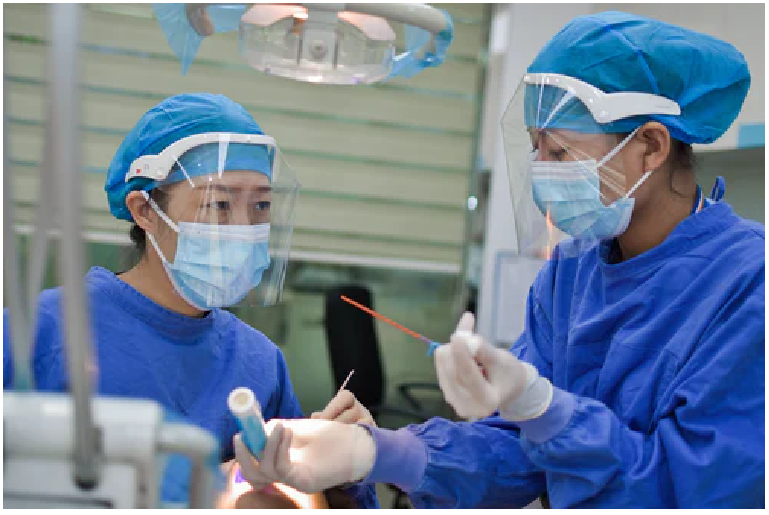The Steps of Vaccine Approval by the FDA
With the prevalence of the COVID-19 pandemic and the rush to find a vaccine, many people are curious about the vaccine approval process. What criteria does the FDA consider? Do peer reviews come into play?
Since vaccines and diseases are top-of-mind worldwide, it is time to learn more about the approval process. Keep reading to find out what is considered by the FDA and about the FDA Gudid rules and regulations that must be followed to seek vaccine consideration and approval.
The FDA’s Approval Process for a New Vaccine
The process to have a vaccine approved for use by the general public is not easy. In fact, in “normal” times, the process can take several years. While COVID vaccines are being approved faster, this is because the FDA has issued a EUA, or emergency use authorization to help halt the spread of coronavirus.
In the U.S., vaccines are fully regulated by the FDA (Federal Drug Administration). The department in charge of vaccine approval is the Center for Biologics Evaluation and Research. This department works diligently to ensure that all vaccines approved are effective and safe and produce minimal side effects. This is done by monitoring every stage of testing carefully.
Vaccines Must Receive FDA Approval for Clinical Tests in Humans
A vaccine that appears promising in a pre-clinical trial, when the vaccine is tested in animals and on tissue samples, must receive approval for a clinical trial before being tested on humans. Sponsors for the clinical trials are required to submit the Investigational New Drug application. This will describe the vaccine being tested, how it was created, and how it was tested to ensure quality control. The application must also specify the researchers’ protocol that made them believe it was ready for testing in humans.
Three Phases of the Clinical Trial Process
If the FDA approves the application, vaccine clinical trials will usually take place in three separate phases.
The first phase is a smaller trial that typically includes between 20 and 80 people. This testing is focused on how safe the vaccine is and determining if an immune response is created in humans. In the second phase of the clinical trial, a larger group of participants receive the vaccine at different doses to see which one is the most effective. The last phase will include a test on several thousand people. It will also compare results to placebo and study the vaccine’s long-term efficacy.
Efficacy and Safety Considerations by Experts
The FDA closely monitors each clinical trial. If necessary, the FDA will stop the trial or request more information if there are concerns about the vaccine’s effectiveness or safety. If the vaccine moves through the three stages of clinical development, then the vaccine manufacturer is required to submit the Biologics License Application. With this, the FDA reviewer team will be able to review the efficacy and safety information required to determine if the vaccine is safe, what risks it poses, and the benefits it has to offer. With this information, the reviewer team, which is made up of chemistry, biology, and medical experts, can determine if approval will be granted. Also, the facility where the vaccine is manufactured must be inspected so that the FDA can ensure the vaccine’s production is safe at every touchpoint.
The next step is that the FDA and vaccine sponsor present the information and data to the Vaccines and Related Biological Products Advisory Committee. This is a team of non-FDA experts who will provide feedback and reviews of the vaccine.
Safety Is Paramount
As anyone can see from the information here, safety is top-of-mind at each stage of the process when it comes to vaccine approval. This helps to ensure that only safe and effective vaccines are given to the public, which is essential to ensure the safety of the masses. Being informed and knowing how the approval process works can provide peace of mind that the vaccines being recommended and given are safe.









































